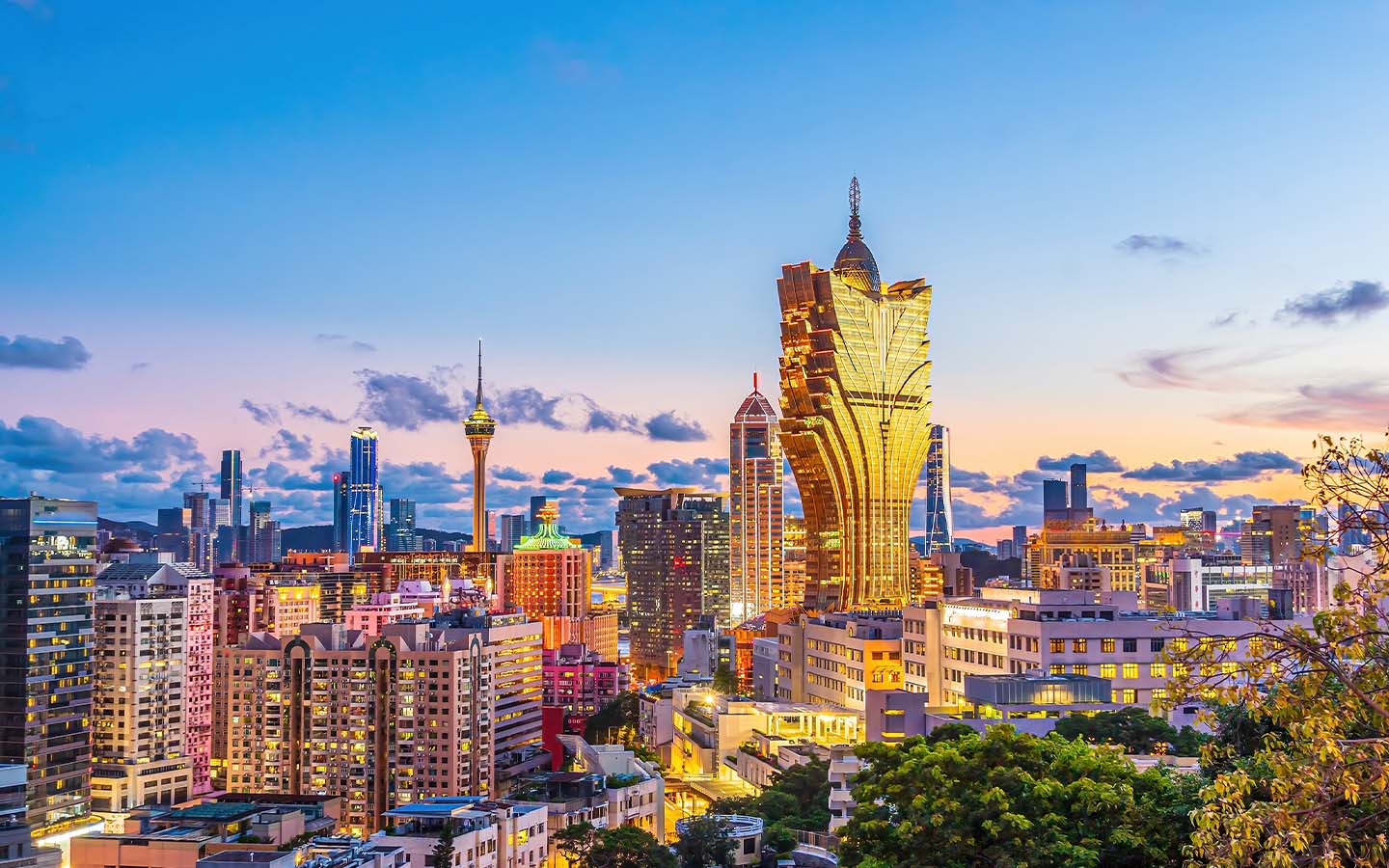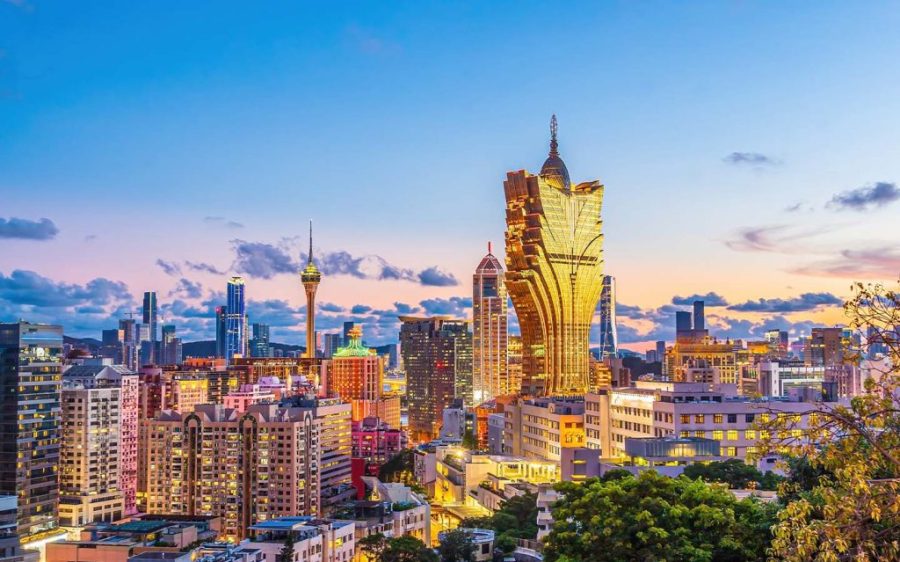Macao’s Gross Domestic Product (GDP) is confirmed to have shrunk by 1.3 percent year-on-year in real terms in the quarter of 2025, according to revised figures released by the the Statistics and Census Service (known by its Portuguese initials DSEC). These followed preliminary results issued earlier this month.
While the percentage change remained the same, the amount of GDP recorded was 99.76 billion patacas (US$12.3 billion) – down from the 99.78 billion patacas originally published.
The DSEC attributed the decline from the first quarter of 2024, which recorded 104.81 billion patacas (US$13 billion) in GDP, to “a relatively high comparison base in the same quarter last year, changes in visitor consumption patterns and other factors.”
[See more: Urging ‘crisis awareness,’ Sam Hou Fai says Macao could face a budget deficit]
Overall economic output was 85.2 percent of the level recorded in the same period in pre-pandemic 2019, the DSEC noted. Exports of services decreased by 3.4 percent year-on-year for the first quarter, but rose by 12.7 percent compared to the same period of 2019. Exports of gaming services only grew by 1.6 percent year-on-year, despite an 11.1 percent increase in visitor arrivals.
With respect to merchandise trade, exports and imports of goods dropped by 9.2 percent and 5.1 percent year-on-year respectively for the quarter.
Private consumption expenditure grew by just 0.3 percent year-on-year, “as the economic sentiment and employment market remained fairly steady,” DSEC noted.
[See more: Numerous headwinds are undermining Macao’s GGR potential: expert]
Government final consumption expenditure increased by 1.1 percent year-on-year, though government construction investment and equipment investment dropped by 14.6 percent and 6.1 percent year-on-year respectively, attributable to the completion of some large public work projects.
Gross fixed capital formation increased by 7.3 percent year-on-year in the first quarter, with private construction investment and equipment investment expanding by 24.1 percent and 19 percent respectively.
The DSEC noted that “volatility and challenges” were having a negative impact on the global economy, in part due to “increasing uncertainties in China-US relations.” Closer to home, it acknowledged that “rapid shifts in visitor consumption patterns, preferences and demographics” had weakened spending sentiment among visitors.
“The decline in visitor expenditure has exerted pressure on the local tourism industry, contributing to fluctuations in Macao’s economic recovery in the first quarter of the year,” DSEC’s statement read.
Ending on a positive note, the statement affirmed that – barring major changes – the SAR was “unlikely to face a cyclical economic downturn and is expected to sustain its recovery momentum.”






